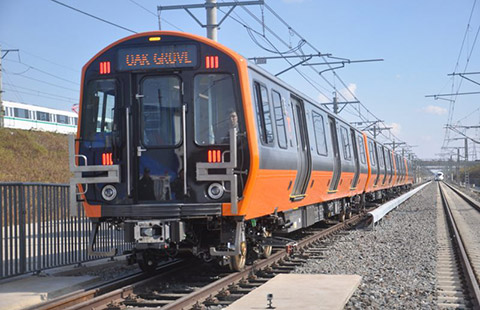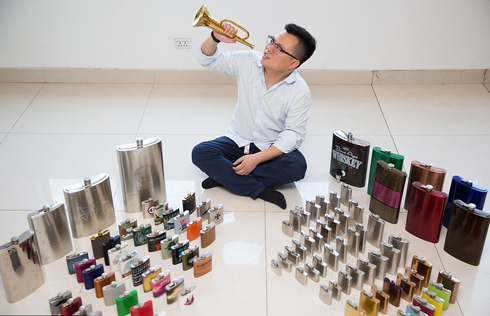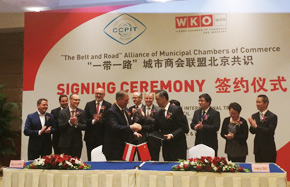Shanghai looks to other FTZs for free port lessons
General Secretary Xi Jinping said at the opening of the 19th CPC National Congress that the establishment of free ports should be considered within free trade zones, and experts say the experiences of predecessors such as Singapore and China's Hong Kong Special Administrative Region may help FTZs advance toward that goal.
Shanghai's Party chief Han Zheng said during the sidelines of the 19th CPC National Congress that the establishment of a free port within the China (Shanghai) Pilot Free Trade Zone has entered the planning stage and needs a green light from the central authorities before moving forward.
The State Council released a plan in March to comprehensively advance the opening-up of the Shanghai FTZ. The plan pointed out that a free port will be set up in the Yangshan bonded area and Shanghai Pudong International Airport bonded area.
According to the Chinese Academy of International Trade and Economic Cooperation (CAITEC), which is affiliated with the Ministry of Commerce, Singapore and Hong Kong have rich experiences in free ports.
CAITEC said that they may provide successful examples in terms of more optimized government functions, a more international investment environment, a higher level of financial freedom, a higher level of free trade, an improved supervision environment, an optimized tax environment, a more complete legal system and the free flow of individuals.
As explained by the experts from the academy, the free ports in Singapore impose lower requirements concerning the registration capital and few limits on the operation range on the companies to register in the ports.
The advanced financial services, a free trade settlement system, and the high efficiency at the customs have attracted foreign companies to establish operations at the free ports in Singapore.
Chen Limin, strategy analyst at Nanjing-based Huatai Securities, pointed out that Hong Kong has adopted the free port policies in free trade.
"General import and export goods will not face any tariff or value-added tax in this regard," she said. "General goods are not subject to import quota or other import certificate regulations."
The local authorities at Shanghai have also studied the experiences from world leading free ports.
Zhu Min, deputy director of Shanghai Municipal Development and Reform Commission, said that these free ports share many things in common, such as the integration between a high level of opening-up and high efficiency in supervision, the cooperation between government and companies, as well as a global distribution function that is based on the combination of airports and harbors.
Wu Wei, deputy director of Shanghai Municipal Office for Port Services, said at a news conference in May that local authorities have been focusing on breakthroughs in customs supervision, inspection and quarantine to build a free port in Shanghai FTZ.
He said that the purpose is to come out with a significantly shorter list of goods to inspect, shorter time spent at Customs and a mutually recognized and exchanged information system between different supervision departments.
A free port, which is a form of free trade zone, is set up within a country or a region's borders but outside the Customs. It is open to all commercial vessels on equal terms. Goods may be unloaded, stored and shipped without payment of Customs duties here.

























